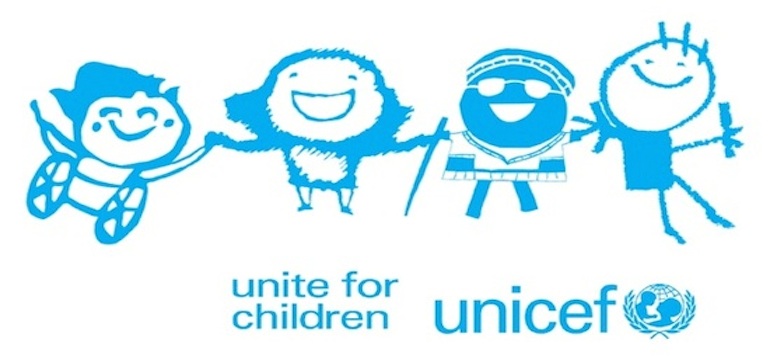On December 3, Niagara was pleased to welcome UNICEF’s Regional Managing Director Casey Marsh to our offices for a roundtable discussion. Marsh spoke about UNICEF’s work with specific regards to Ebola, and discussed fighting Ebola in and from Chicago.
As a background, UNICEF work centers chiefly around children. UNICEF is currently dealing with over 200 crises worldwide, but here in the United States we typically only hear about a few of these issues because media typically latches onto a couple harrowing or globally relevant–in a word, newsworthy–issues at a time.
Ebola is one such issue, with the deadliest outbreak of the virus running rampant in West Africa. Given the hysteria surrounding the epidemic, Ebola has been publicized to the point of global panic despite its concentration in Sierra Leone, Liberia and Guinea. To date, Ebola has infected 14,000 and killed 5,000–and these numbers are only the reported cases in a vastly underreported epidemic. In fact, Marsh noted that by January an estimated one million people will be affected by Ebola in some way if the virus is not contained.
After giving us an informative background about Ebola, Marsh expanded upon UNICEF’s work with specific regards to children. She cited the many ways Ebola affects children in the three most impacted countries: Liberia, Sierra Leone, and Guinea. For starters, the overwhelming focus and fear on Ebola has hugely detracted from other health services, essentially breaking down the existing fragile health infrastructure. Accordingly, children are not receiving the primary care or vaccines necessary to protect them from other diseases and are suffering and dying from these conditions as a result.
On the same note, education systems have broken down as schools close for fear of spreading the virus. Children have missed months of schooling, which could have developmental and intellectual implications. Children are also losing family members and friends. Many children have been orphaned at the hands of Ebola, a devastating reality with lasting psychosocial consequences. To combat these and other Ebola-related issues, UNICEF leads community health, fundraising, prevention, education, and social media campaigns…and many of these efforts relate back to us here in Chicago.
To fight Ebola locally, Marsh advised us to combat misinformation. Inform yourself on the physiological, geographical, and social realities of Ebola and recognize that while the prospect of contracting Ebola in Chicago is frightening, we must concentrate resources and combative strategies on the three countries most impacted by the virus. We can also participate in awareness campaigns such as UNICEF’s #StopEbola social media crusade, which raises awareness and mobilizes funds.
We thank Casey Marsh for her insightful talk, and hope to continue to work with her and everyone in the Niagara community to #StopEbola.

